| Photo | Name | Title | |
|---|---|---|---|
 | Deborah Abibou | Sustainable and Resilient Community Assistant Extension Educator | deb.abibou@uconn.edu |
 | Elizabeth Adler | Master Gardener Coordinator - Hartford County | elizabeth.adler@uconn.edu |
 | Juliana Barrett | Coastal Habitats Extension Educator Emerita | juliana.barrett@uconn.edu |
 | Rebecca Bleiman | Master Gardener Coordinator, Lower Fairfield County | rebecca.bleiman@uconn.edu |
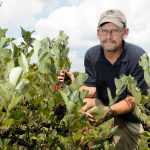 | Mark Brand | Horticulture and Plant Breeding | mark.brand@uconn.edu |
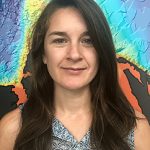 | Cary Chadwick | Geospatial Education, CLEAR, Associate Extension Educator | cary.chadwick@uconn.edu |
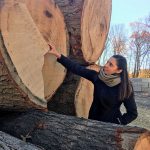 | Laura Cisneros | Natural Resources Conservation Academy - Assistant Extension Professor | laura.cisneros@uconn.edu |
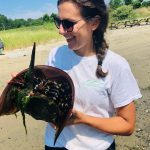 | Margaret Cozens | Long Island Sound Study (LISS) Outreach Coordinator - Visiting Assistant Extension Educator | margaret.cozens@uconn.edu |
 | Jacqueline Crepeau | Master Gardener Coordinator - Middlesex County | jacqueline.crepeau@uconn.edu |
 | Vicki DeLeo | Master Gardener Coordinator, Tolland County | victoria.deleo@uconn.edu |
 | David Dickson | Center for Land Use Education and Research (CLEAR) Director Co-Director, NEMO Program Extension Educator | david.dickson@uconn.edu |
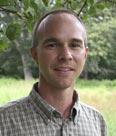 | Michael Dietz | CT Institute of Water Resources Director CLEAR CT Sea Grant Senior Extension Educator | michael.dietz@uconn.edu |
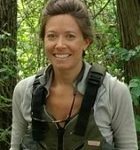 | Nicole Freidenfelds | Natural Resources Conservation Academy | nicole.freidenfelds@uconn.edu |
 | Giulia Gambale | Master Gardener Coordinator, New Haven County | gkn25002@uconn.edu |
 | Nick Goltz | Plant Diagnostics | nick.goltz@uconn.edu |
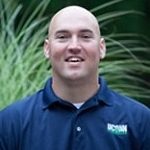 | Jason Henderson | Turfgrass Science | jason.henderson@uconn.edu |
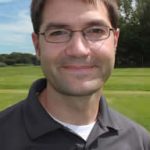 | John Inguagiato | Turf Pathology | john.inguagiato@uconn.edu |
 | Alec Janis | Well Water/Connecticut Institute of Water Resources Visiting Assistant Educator | alec.janis@uconn.edu |
 | Maureen Kahiu | Turfgrass and Weed Ecology | maureen.kahiu@uconn.edu |
 | Srikanth Kodati | Pesticide Safety Education & Crop Protection Extension Educator | srikanth.kodati@uconn.edu |
 | Adelheid Koepfer | Connecticut Trails Research Technician | adelheid.koepfer@uconn.edu |
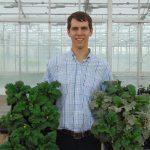 | Charles Krasnow | Controlled Environment Agriculture - Associate Extension Educator | charles.krasnow@uconn.edu |
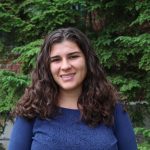 | Lauren Kurtz | Invasive Species Outreach Specialist | lauren.kurtz@uconn.edu |
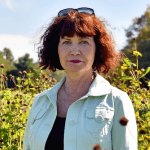 | Julia Kuzovkina | Ecological Restoration and Native Plants | jkuzovkina@uconn.edu |
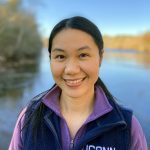 | Qian (Rachel) Lei-Parent | Geospatial Education Assistant Extension Educator | qian.lei@uconn.edu |
 | John LoRusso | Master Gardener Coordinator Windham County | john.lorusso@uconn.edu |
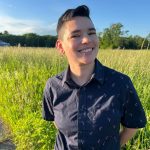 | Amelia Magistrali | Soil Health - Associate Extension Educator | amelia.magistrali@uconn.edu |
 | Avishesh Neupane | dpj25003@uconn.edu | |
 | Emily Picard | 4-H Youth, Fairfield County - Assistant Extension Educator | emily.picard@uconn.edu |
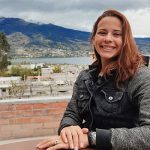 | Mayra Rodríguez González | Urban and Community Forestry - Assistant Extension Educator | mayra.rodriguez_gonzalez@uconn.edu |
 | Sarah Schechter | Sustainable & Resilient Communities - Assistant Extension Educator | sarah.schechter@uconn.edu |
 | Halie Shea | UConn 4-H New Haven County - Assistant Extension Educator | halie.shea@uconn.edu |
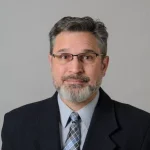 | Jason Vokoun | Fisheries Management | jason.vokoun@uconn.edu |
 | Victoria Wallace | Sustainable Turf & Landscapes Senior Extension Educator | victoria.wallace@uconn.edu |
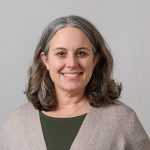 | Emily Wilson | Geospatial Extension Educator | emily.wilson@uconn.edu |
 | Sandra Wilson | Master Gardener Coordinator Fairfield County | sandra.wilson@uconn.edu |
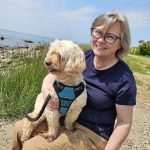 | Joanna Woodward | Master Gardener Coordinator - New London County | joanna.woodward@uconn.edu |
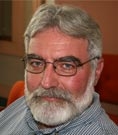 | Thomas Worthley | Forestry Stewardship Extension Professor, & Center Coordinator | thomas.worthley@uconn.edu |
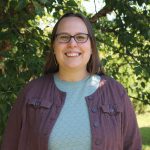 | Heather Zidack | Consumer Horticulture, Home & Garden Education Center | heather.zidack@uconn.edu |